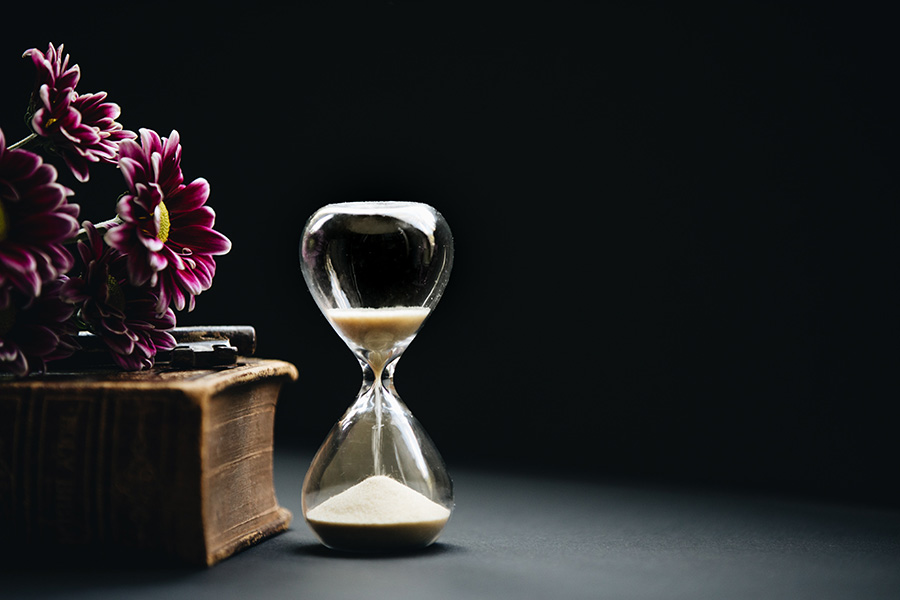
Georgia Fendley looks to a recent paper on sustainable luxury by Bain & Company, which reinforces the notion that the time for real, impactful business innovation is now.
This next moment in our professional lives will be the most exciting and dynamic any of us has ever experienced.
From the mounting anxiety of the last few years and the heart-stopping impact of Covid-19, we are emerging into an unprecedented moment of innovation and opportunity. This is a once-in-a-generation constellation. Issues and opportunities are aligned; technology is now developed sufficiently to deliver change and consumers are actively demanding a thoughtful revolution.
‘In Luxury, the sustainability decade is underway’, so says Bain & Company in its paper LuxCo 2030, a vision of sustainable luxury. This powerfully succinct paper paints a picture of the future success of our industry through the story of an imaged luxury brand called LuxCo. Step-by-step, the clever team of contributors illuminate the key milestones required to meet tomorrow. From redefining brand purpose to decoupling growth from volume, they challenge what most C-suites have previously used as a corporate compass. They map the move from making the supply chain transparent and traceable to creating economic value from sustainability. And they conclude with a call for a holistic approach as the only ‘way to turn declarations of intent into quantifiable action’.
Some of this you will have heard before (many times), but what makes this paper so fresh and compelling is its redefinition of success and its ground-breaking connecting of the dots to demonstrate the journey of change. The paper shows us what success might look like for a business like our own. It also makes it clear that the only risk we face is not recognising this moment and investing in this change.
Unusually for a research paper, the Bain & Company report goes as far as to quantify impact over time. It predicts revenue by contribution: ‘In 2030, resales provide 20 per cent of LuxCo’s revenues… Reselling in 2030 increases profit margin on a single product by 40 per cent, while increasing the revenue per product by 65 per cent.’ The team has also mapped the likely journey of this change, for example imagining the early stages of reselling through a multi-brand, third-party platform, to taking the process in-house to control the resale conversation and build brand value. Of course, the narrative is simplified and category generic but I defy anyone in our sector not to take away value from this useful piece of speculative analysis.
The core principle is a fundamental shift in both what is desirable and what is possible. It’s rare to see the two change so radically in a single moment. What is desirable has previously evolved at a speed measured in decades and what is possible in generations. Right now, the two are evolving in harmony. If we start with desirability, a key factor for any luxury brand, currently the most desirable quality any of us can imagine in a product, service or individual is ‘positive impact’. By positive impact, I mean the ability to offer meaningful experience, deliver change and redefine value. Not only desirable in perception, positive impact now has the ability to deliver enhanced shareholder value, too. Added to this for the first time are the changes required to join these dots, now widely available and affordable for most businesses like ours. From Blockchain technology to the internet of things, robotic process automation and data science, we can all now build a connected, intelligent and transparent organisation with far greater control over our actions and their impact.
Fate has played a part, too. The global disruption of the last 12 months has created the headspace in our leadership teams to question what had come before and imagine a different future. I have, like many of you, experienced a more isolated and cerebral year than I am used to but I continue to notice patterns in professional and social interaction. The growing clamour for change is visible – visceral, even – and we can each highlight notable examples like never before. At a quieter volume, away from the protests and headlines, I have noticed conversations changing, moving from ‘what if’ and ‘why not’ to urgency and action. Change is all around us right now, it is tangible, vocal and easier to adopt than ever before. It is also supported and recognised. We don’t need to be lonely pioneers – increasingly, we can find friendly frameworks to support the changes we are making. Take B-Corp certification, for example. An 80-point balanced scorecard defines those conscious actions required to create change.
Or Positive Luxury, the organisation awarding the Butterfly mark for sustainability and exclusively focussed on the luxury industry. Even mainstream business support services are getting in on the act, recognising that sustainable practice is great business and the key to future value.
As Einstein once said, ‘The measure of intelligence is the ability to change.’ And, if I might be so bold, I’ll add that the measure of genius is getting the timing right. And that timing? It’s right now!
To find out more, you might like to explore:
